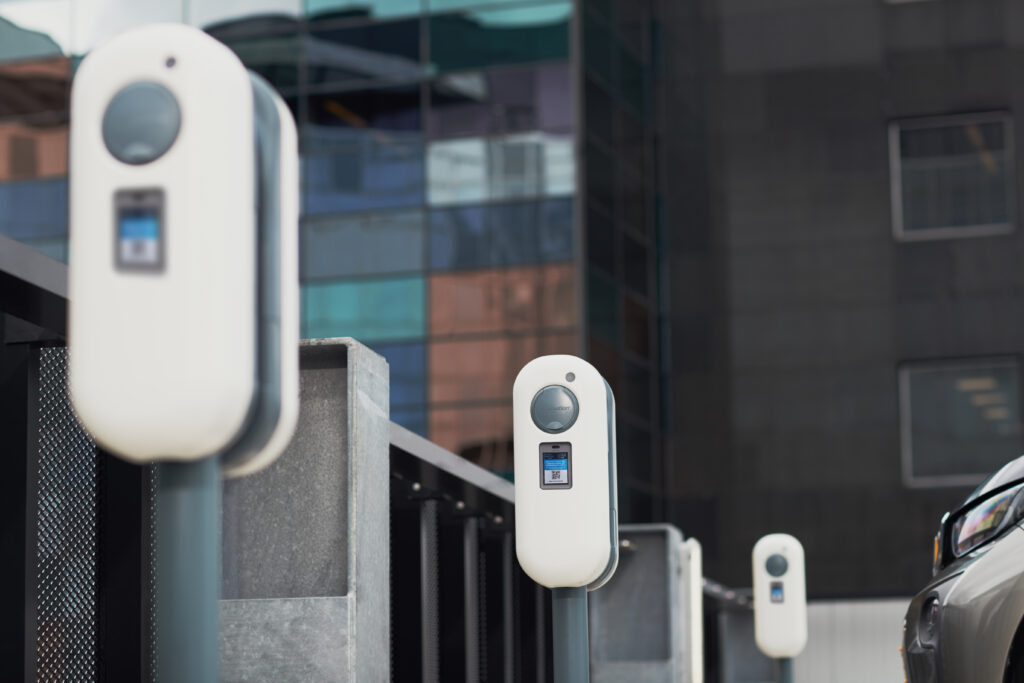The government’s consultation into public electric vehicle (EV) charging has been largely praised by EV charging networks, although thought must be given to costs and complexity.
Released last week, the consultation proposes various options for government intervention in areas such as quick payment process, network reliability, pricing transparency and open data in a bid to improve the experience for consumers.
In response, Alan McCleave, regional manager UK and Nordics at NewMotion, said the it is “great to see the UK government focus their attentions” on improving said experience, adding that the four key areas outlined will “certainly help consumers charge their vehicle in a way that is straightforward, as well as paving the way towards reducing range anxiety”.
However, McCleave went on to detail how “a vital area where we need leadership is introducing interoperability”.
This is an area covered within the consultation, which suggests a variety of methods for ensuring payment interoperability including the introduction of a roaming platform by the government, a market-led approach and a requirement for all chargers to be accessible by a QR code that would direct users to a payment platform.
Increase interoperability is “a move that would turn our current diverse set of systems into a cohesive, vital piece of infrastructure, and set the scene for a better way of working with charging”, McCleave added.
Meanwhile, James McKemey, head of insights at Pod Point, pointed to the charging company’s recent rollout of DC chargers with contactless credit card payment capability, stating ease of use is something “we really pride ourselves on”.
He added that “making sure charging points are as easy to use as possible is absolutely critical to mass adoption”, with Pod Point welcoming the new consultation into this.
However, he also cautioned that ensuring costs and complexity are kept down for chargepoint operators to allow them to install their networks without “accidentally introducing mandatory additional costs for drivers, or undermining CPO business cases and stifling the rollout”.
Other areas within the consultation include the reliability of chargers, which it said is improving – only 8% of public chargepoints were out of service in August 2019 compared to 15% in 2017 – although further improvements are still required.
The government is also seeking views on what it described as emerging policy areas, such as accessibility for disabled consumers, weatherproofing and lighting and signage.
Ian Johnston, CEO of Osprey, said he, too, welcomed the consultation, believing it will “deliver essential improvements in the public charging experience for users”.
“The consultation’s work on areas such as accessibility for all drivers will be critical to set industry wide standards that become the norm for all charging sites in the UK,” he said, adding that the consultation process “will ensure that all operators deliver the same high standards, as we prepare for mass adoption of EVs in the UK”.





